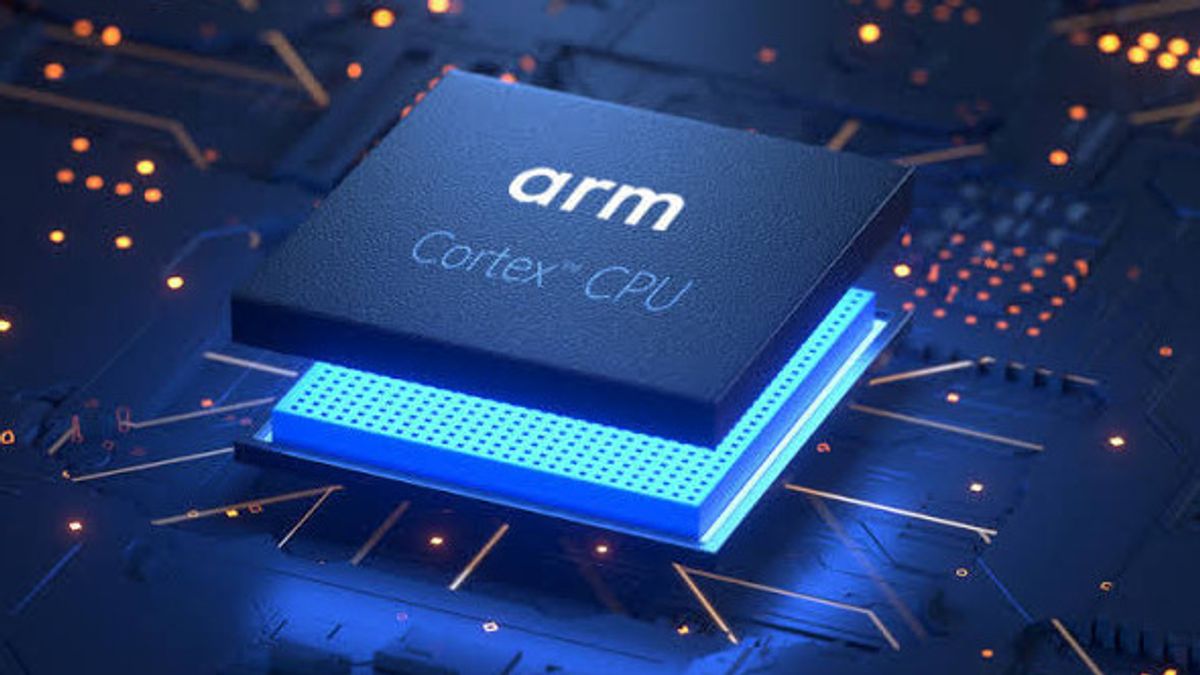JAKARTA - The global semiconductor crisis for the technology and automotive industries does not seem to have subsided. Several high-ranking company officials project that this case will continue until next year.
Arm CEO Simon Segars views this deteriorating situation as likely to hurt sales of technology products including smartphones during the year-end celebration period. Segars sees a widening gap between supply and demand, which he views as the most extreme he has ever seen.
Arm itself is a multinational company that also produces semiconductors, therefore Segars' prediction is likely to be quite accurate. The global chip crisis is even projected to continue into December 2022, as chipmakers grapple with resolving backlogs of unfulfilled orders from manufacturers.
Compiled from Gizmochina, Saturday, November 6, the Arm boss also feels that consumers will be affected in getting their orders for the device on schedule. Segars' view is no different from the sentiment shared by chipmakers and industry pundits, even with some extensive efforts to bridge the supply-demand gap.
Chip shortages appear to have worsened in some cases, impacting production deadlines and stalling important aspects of the production schedule. It's unclear the extent of the damage caused by the chip shortage to the tech industry.
Some chipmakers continue to expand their operations and technology to address chip shortages. This step does not seem to have given the desired result completely. Although it is not known for sure when this problem will be resolved, AMD CEO Lisa Su said that the second half of 2022 will find a bright spot for this problem.
Su said that although the chip shortage could be overcome in Q2 2022, he reminded that Q1 this year had seen a very severe mass crisis. It is known, chip vendors are still chasing demand following supply chain bottlenecks caused by the pandemic.
But the AMD factory built last year, Su said, is likely to start producing chips in the coming months, helping to alleviate shortages of PC parts and other microchips.
The English, Chinese, Japanese, Arabic, and French versions are automatically generated by the AI. So there may still be inaccuracies in translating, please always see Indonesian as our main language. (system supported by DigitalSiber.id)













